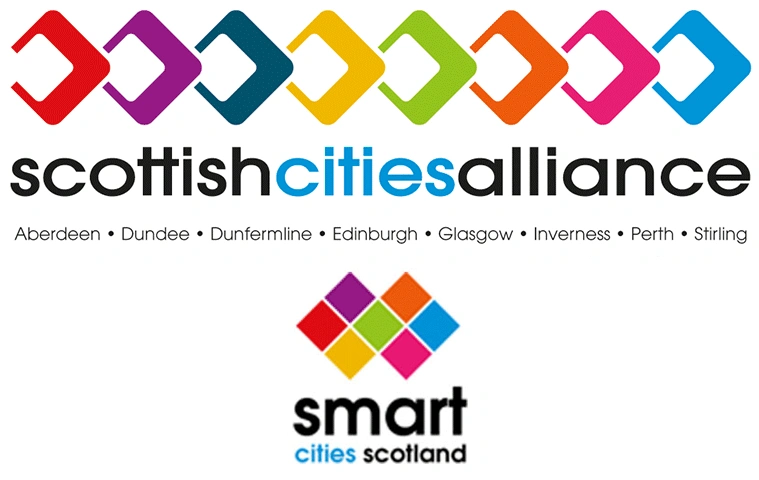Scotland’s rich and distinct cultural assets, encompassing art, culture, and heritage, are globally recognised. These cultural elements play a pivotal role in Scottish cities, inspiring, enriching, and transforming people’s lives, our communities, and the places where we live, work, and enjoy.
The cultural sector, particularly tourism and entertainment, bore the brunt of the pandemic’s impact on our cities. Despite this, the culture sector is now spearheading the recovery in city centres, prompting us to rethink public spaces and lure people back to urban life. Scotland’s city centres continue to serve as cultural hubs, housing a significant portion of Scotland’s cultural assets, including museums, galleries, theatres, and music venues.
Over the course of 2021-2022 the Cabinet Secretary for Finance and the Economy, Kate Forbes MSP worked with the City Leaders to consider the specific impact of the COVID-19 pandemic on city centres and identify the immediate priorities to support city centre recovery. The report of the Taskforce was published in March 2022 setting out agreed areas for action that cities should consider securing the longer term economic, environmental, and social prosperity and resilience of their city centres. In the short term the report recommended that the Scottish Cities Alliance establish a Peer-to-Peer Knowledge exchange network to share knowledge and best practice from Scottish and international cities drawing on expertise from academia and the private and third sectors; and identify and agree opportunities for future collaborative action.
An inaugural event centred around the role of culture in city centre recovery took place at Codebase Stirling on 28th February involving representatives from all 8 Scottish cities, the Scottish Government, Creative Scotland, and wider cultural and academic experts including the Glasgow Caledonian University, The Carnegie Trust, and Wasps Studios.
Prof John Lennon shared insights from Hull’s transformative journey to becoming the City of Culture in 2017. Hull’s success was owned by its people, actively shaping narratives and various aspects of the city. Jennifer Caswell from Dundee City Council spoke of Dundee’s cultural assets, including the V&A Dundee and future proposed projects like Eden Dundee, and how these will transform the use of the city centre.
Audrey Carlin, Chief Executive at Wasps Studios, shared case studies on their creative spaces in Inverness, Edinburgh, Perth, and Glasgow, showcasing the importance of retaining talent in cities, meanwhile spaces, and how they can help the public sector access grants/funding through joint initiatives.
Dr Katy Jack, Culture Perth and Kinross, spoke of Perth’s new museum opening on March 20th, enhancing Perth’s cultural offering, and the importance of community involvement to strengthen ties and long-term impact.
Finally, Chris Brown, former Director of Marketing at Liverpool, shared a case study on Liverpool’s cultural journey, balancing soft and hard power, building a powerful brand as a music city, and leveraging learned ingredients from Eurovision. He emphasised the importance of taking risks, fostering innovation, and involving residents in the journey.
Key takeaways from day included: –
- Events need to be connected to city residents and wider communities
- There must be a social as well as an economic benefit
- The legacy of an event needs to be considered pre-event
- Culture offerings need to be thought of in terms of the wider city-region perspective
- Place marketing is part of economic investment planning
- Imagery is key to all city branding and must be distinct to the place
- The importance of creating a creative space for the creative industry
Following this event, the Alliance looks forward to building on connections and engagement through our Teams channel. Further discussion will also take place to identify whether there is any action the Alliance could take forward collaboratively to capitalise on their cultural offering as well as wider opportunities for knowledge sharing.
